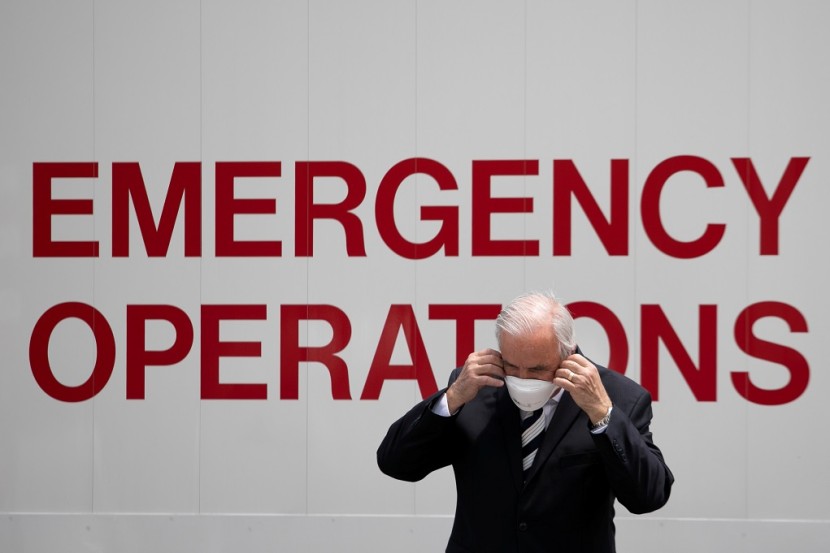
Patients who recover from COVID-19 can still experience lasting bodily damage, according to researchers. For a world grappling with the respiratory disease, reality has set in that even when the pandemic is over, it is not really over with its repercussions.
The sickest patients experience an infection that proves to be a full-body assault, resulting in damage beyond the lungs. After they have recovered and are cleared of the virus, physicians have observed evidence of the illness' lingering effects.
Studies were conducted to cured novel coronavirus patients from China, where the illness was first detected in November, and showed impairment of the liver and heart.
"COVID-19 is not just a respiratory disorder," according to Dr. Harlan Krumholtz, a cardiologist at Yale University.
Scientists in China assessed the blood test results of 34 coronavirus patients over the duration of their being admitted to the hospital. In those who were cured of mild and severe diseases alike, the researchers found that several of the biological measures did not return to normal.
Krumholtz said the coronavirus "can affect the heart, the liver, the kidneys, the brain, the endocrine system, and the blood system."
Inflammation from the immune response of the body has been connected to strokes and heart attacks.
An impaired liver function was still the condition even after the patients tested negative for the live virus two times and they were geared to be discharged.
Cardiologists are contemplating the immediate effects of the coronavirus on the heart and they are asking how much of the bodily damage could be long-lasting.
Some coronavirus survivors are experiencing acute respiratory distress syndrome (ARDS), a severe complication that, for the worst-affected patients, can last a lifetime.
The Lancet, lauded as the doyen of medical journals, was one of the first to issue a warning in a report in February. The report showed that 29 percent of a cluster of patients in Wuhan whom the researchers observed from mid-December to early January had got ARDS.
Telltale hints of coronavirus, including fever, dry cough and difficulty breathing, have been well-publicized, but there has been less coverage about the long-term health of those who contract the virus and survive.
Patients who are designated to the intensive care unit and are in need of ventilators are more likely to suffer from lung damage and ARDS.
However, hospital measures that keep patients lucid and mobile could boost long-term odds. But many ICU doctors say the coronavirus pandemic's strain on hospitals and its infectious nature is making it difficult to stick to those measures.
According to the World Health Organization (WHO), SARS, under the family of the coronavirus that behaves much like COVID-19, also impaired the lungs of those infected and led to permanent damage to their capacity to breathe normally.
Researchers also ponder if the virus that causes COVID-19 might stay dormant in the body for years or decades and eventually spring back to life, much like how the herpes virus that causes chickenpox can recuperate as shingles.
The number of infected cases worldwide has soared beyond the one million mark. Recovered cases are nearly 400,000.
© 2026 HNGN, All rights reserved. Do not reproduce without permission.








